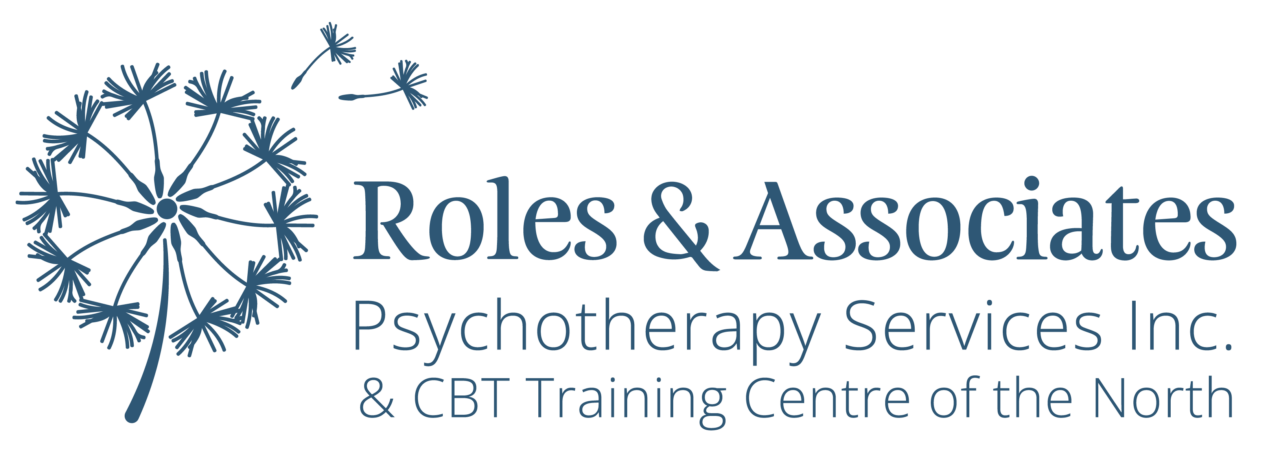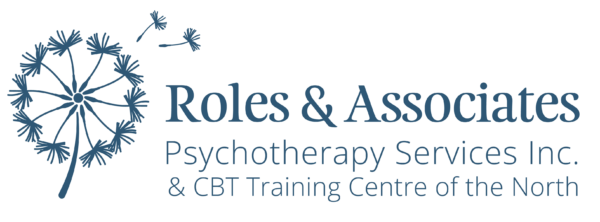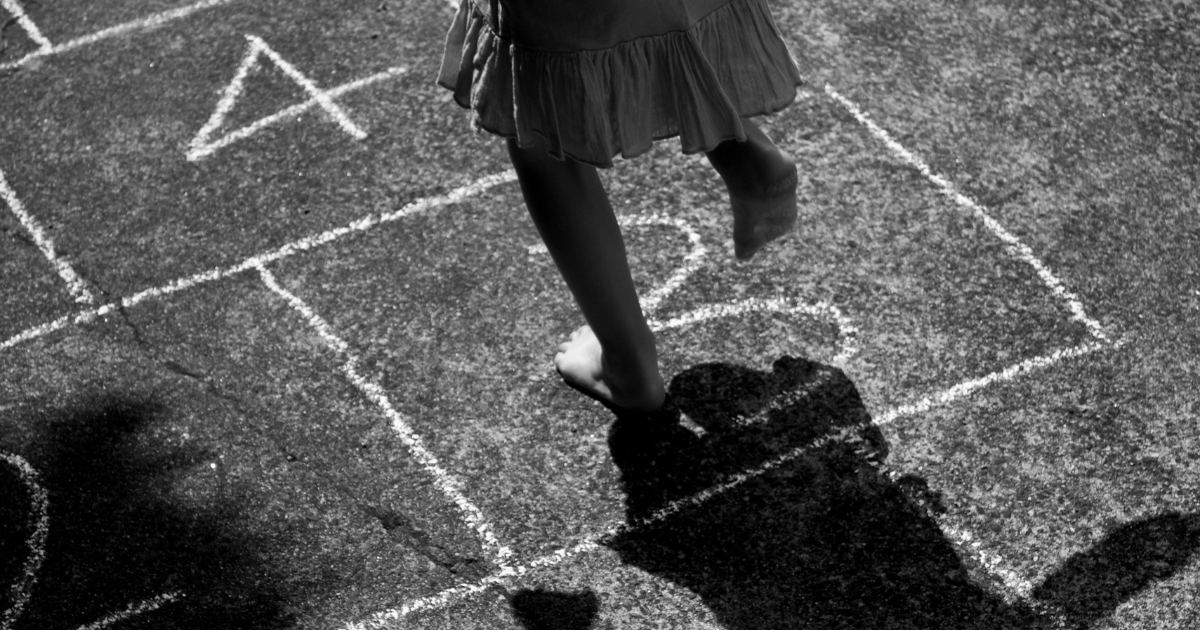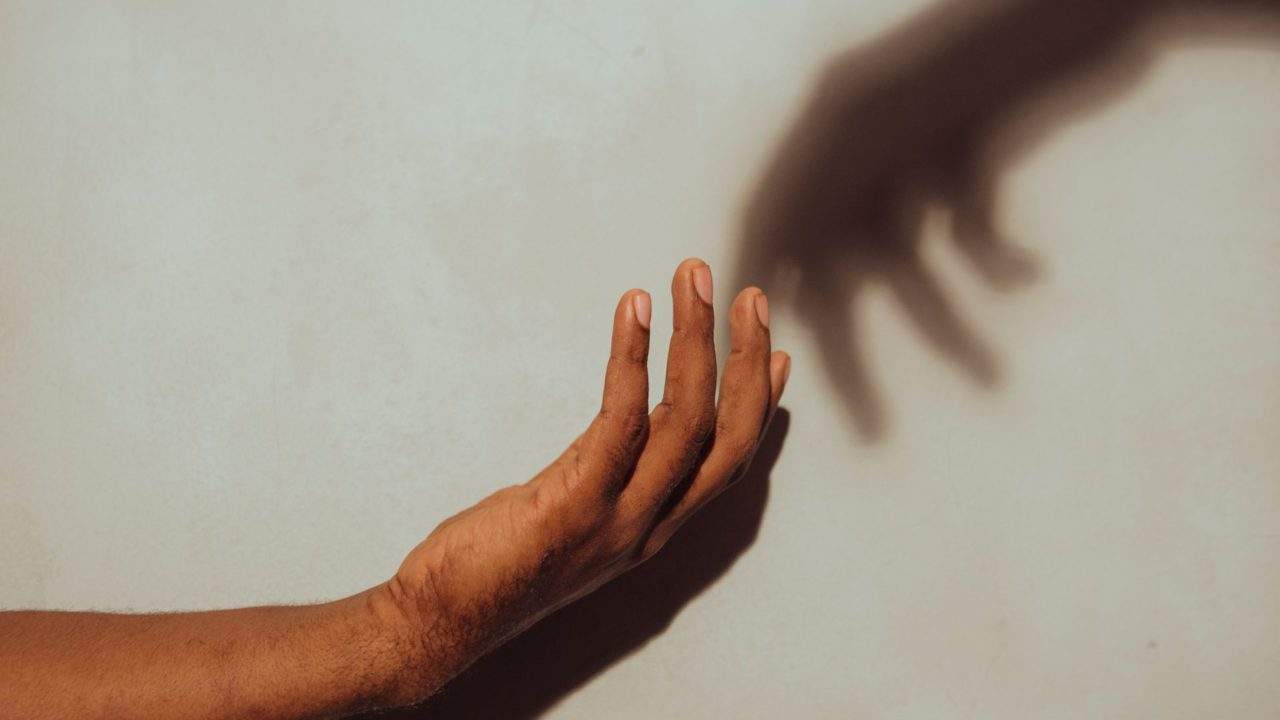Posts Tagged ‘psychotherapy’
Moral Injury: Understanding Unseen Wounds.
By: Natalie DeSantis, RN Psychotherapist, RP (Qualifying). What is moral distress and moral injury? In recent decades, the terms moral distress and moral injury have been used to denote the unseen wounds formed in situations where individuals are required to act against their personal values, beliefs, ethics or morals (Williams et al., 2021). Traditionally, these…
Read MoreWork-Life Balance: Strategies for Managing Stress and Prioritizing Well-being
Written by Hailey Moulton, BA (Hons), MACP (In Progress), RP (Qualifying) Achieving a healthy work-life balance in today’s fast-paced society can feel overwhelming. Juggling work responsibilities, personal commitments, and self-care often seems impossible, leading to burnout, stress, and unhappiness. However, with the right strategies and self-care, it is possible to manage stress and prioritize well-being…
Read MoreEffective Communication: Building Stronger and Healthier Relationships
Written by: Jonathan Rom, MD MPH RP (Qualifying) This piece of art is Rothko’s Four Darks in Red. What do you think the artist was trying to say with it? Some people see these saturated lines of red and black and notice the use of colour to reverse gravity, bringing out the often repressed, dark…
Read MoreCoping with Grief: Healthy Ways to Navigate Loss and Bereavement
Written By Jonathan Rom, MD MPH RP (Qualifying). Figuring out what types of grief are “healthy” is a topic still debated by experts1. You may not be surprised to read this, given that each culture has different norms around grief. Most of these norms are hard to define and, sometimes, even harder to adhere to…
Read MoreUnderstanding Depression: Signs, Symptoms, and Treatment Options
Written By Jonathan Rom, MD MPH RP (Qualifying). Our first blog of 2024 is here to shed some light on the topic of depression. Whether this information is new to you or a refresher, the topic can be complicated. Depression goes beyond normal sadness and experiences of this condition and can have a lot of…
Read MoreCoping with Anxiety: Strategies for Managing Childhood Trauma
Written By Danika Ferreira Childhood is meant to be a time of innocence and joy, but for some, it can be marred by traumatic experiences such as abuse, neglect, or the loss of a loved one. Experiencing traumatic events during formative years can disrupt a child’s healthy emotional development and make it challenging for them…
Read MoreUnderstanding Anxiety: Symptoms, Causes, and Treatment Options
Written by Danika Ferreira Anxiety is a common and often debilitating mental health condition affecting millions worldwide (Bandelow & Michaelis, 2015). While it is normal to experience occasional worry or feel anxious in certain situations, such as before a job interview or a big exam, excessive and persistent anxiety can significantly impact one’s quality of…
Read MoreYou deserve to be happy and healthy. How to find the right therapist for you.
Psychotherapist Stacey Roles RN PhD gives some advice on what to look for to ensure therapy is a success. Are you struggling with an emotional or mental health issue that is impacting your job and relationships? A good therapist can help you develop skills that allow you to move forward in your life. You may…
Read MoreThe Link Between Depression and Anxiety: Understanding the Connection
Written by Tiffany Decosse Anxiety and depression are two of the most common mental health issues that people face every day (Dobson et al., 2020). In fact, in almost half of recorded cases of Major Depressive Disorder (MDD) worldwide, anxiety disorders are present on the same profiles (Kalin, 2020). Given this widespread impact, it may…
Read MoreWhat You Need to Know About Postpartum Depression Treatment
Written by Tiffany Decosse Having a baby can be an incredible time in parents’ lives. It is a pivotal moment both psychologically and physically, sometimes resulting in chaotic or distressing feelings (Çankaya & Dikmen, 2022; Fritsch, 2022). Postpartum Depression (PPD) occurs from 4 weeks to 12 months after childbirth and is described in the DSM-V…
Read More










